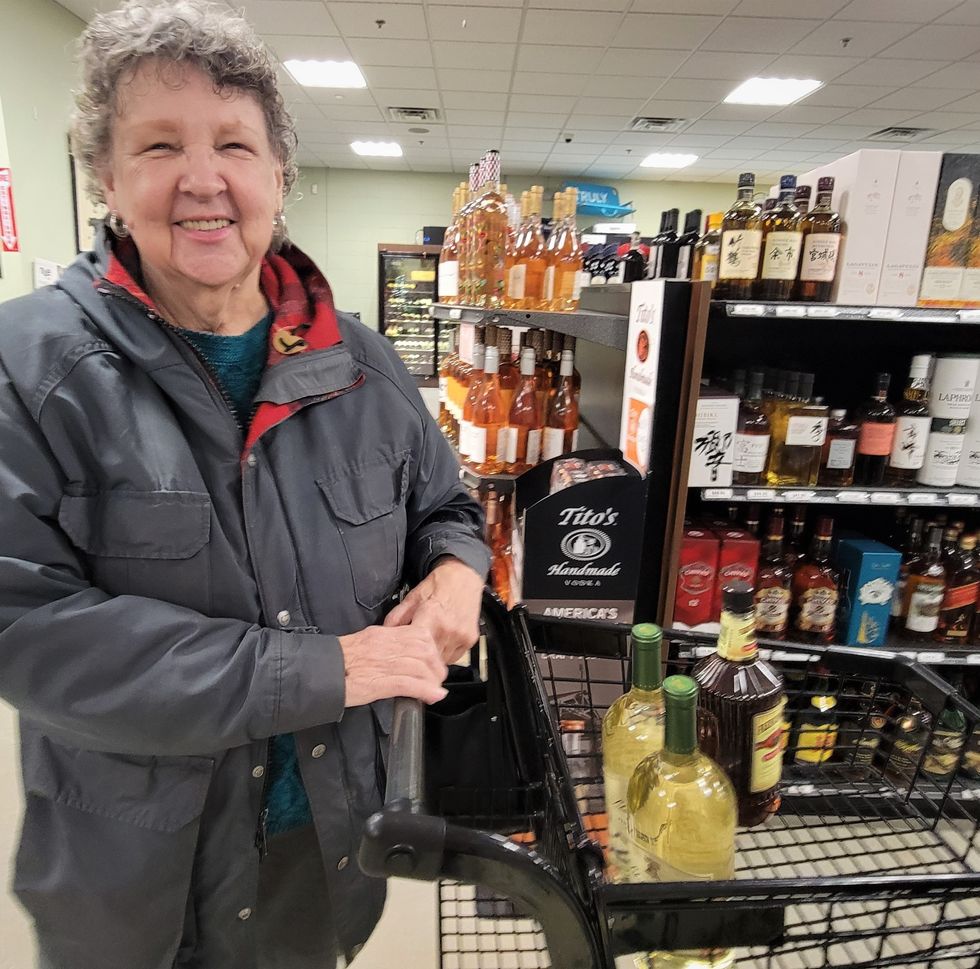Wine sales in supermarkets: Renewed push has package stores primed for battle

Laura Babcock of Salisbury said she makes most of her wine purchases at Stateline Wine and Spirits in North Canaan, and she intends to remain a loyal customer.
Photo by Debra A. Aleksinas



 Plagens and Fendrich at home in front of some of Fendrich’s paintings. Natalia Zukerman
Plagens and Fendrich at home in front of some of Fendrich’s paintings. Natalia Zukerman





